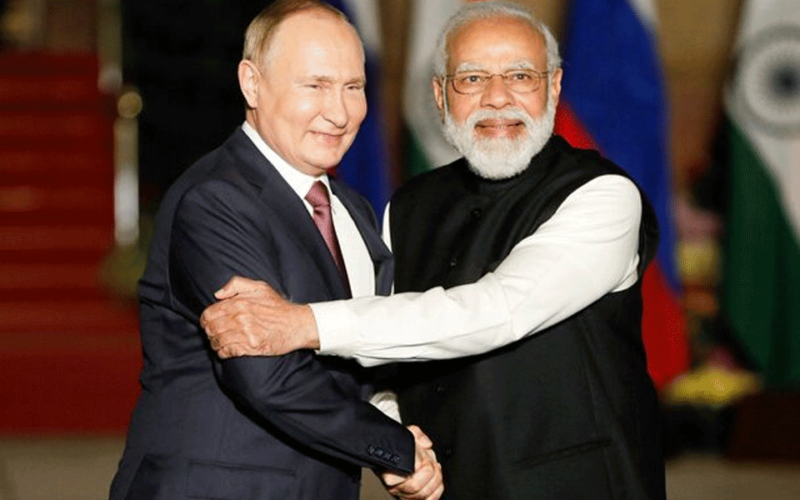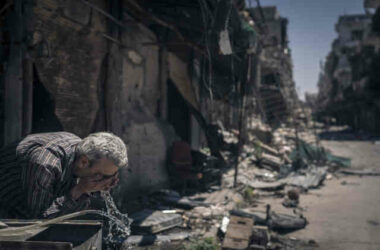India is actively seeking to bolster its exports to Russia through various initiatives, including advocating for rupee-ruble trade and urging Moscow to alleviate non-tariff barriers, officials announced on Monday in the aftermath of Prime Minister Narendra Modi’s recent visit to Moscow.
Despite the backdrop of international sanctions against Russia due to its conflict with Ukraine, India and Russia have significantly ramped up their trade ties, albeit with a noticeable imbalance favoring Russian exports. The latest fiscal year saw trade between the two nations amounting to $65.7 billion, with Russian exports accounting for $61.43 billion.
India’s exports to Russia, however, have shown minimal growth, particularly in sectors like pharmaceuticals and machinery. In response, Indian Trade Secretary Sunil Barthwal highlighted efforts to address non-tariff barriers hindering exports, particularly in sectors such as marine food products.
Efforts to promote rupee-ruble trade, which aims to bypass traditional currency transactions, have so far faced challenges due to the limited international circulation of the Indian rupee and Russia’s preference to avoid accumulating it.
“We are exploring opportunities to enhance bilateral trade across various sectors such as electronics, engineering goods, and other commodities,” Barthwal emphasized during a press conference. He also mentioned plans to dispatch a trade delegation, although specific details were not disclosed.
India and Russia outlined ambitious plans to expand cooperation in nine key areas, spanning nuclear energy, medicine, and beyond, with a mutual goal of elevating bilateral trade to $100 billion by 2030.
In response to India’s sustained engagement with Russia, the United States has voiced its concerns directly to Indian officials regarding their relationship with Moscow. A spokesperson from the US State Department underscored these concerns, emphasizing Washington’s stance on the matter.
The developments underscore India’s strategic balancing act between fostering economic ties with Russia and navigating international geopolitical pressures amidst the ongoing conflict in Ukraine.








